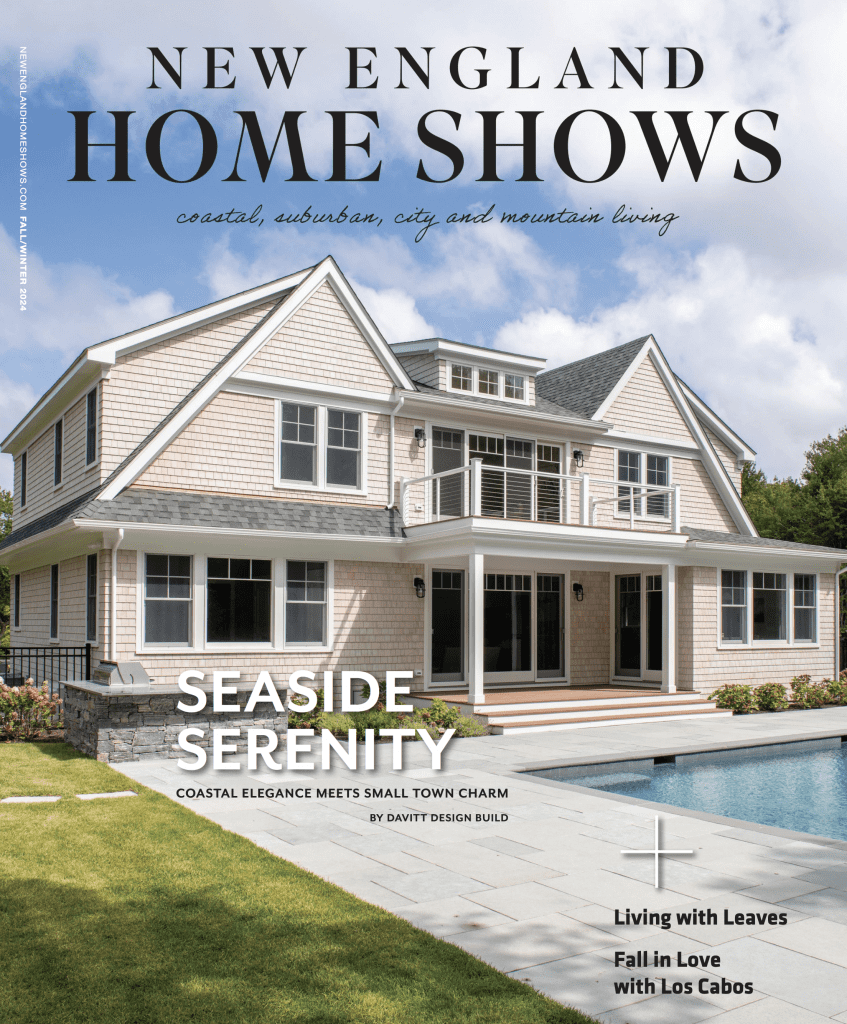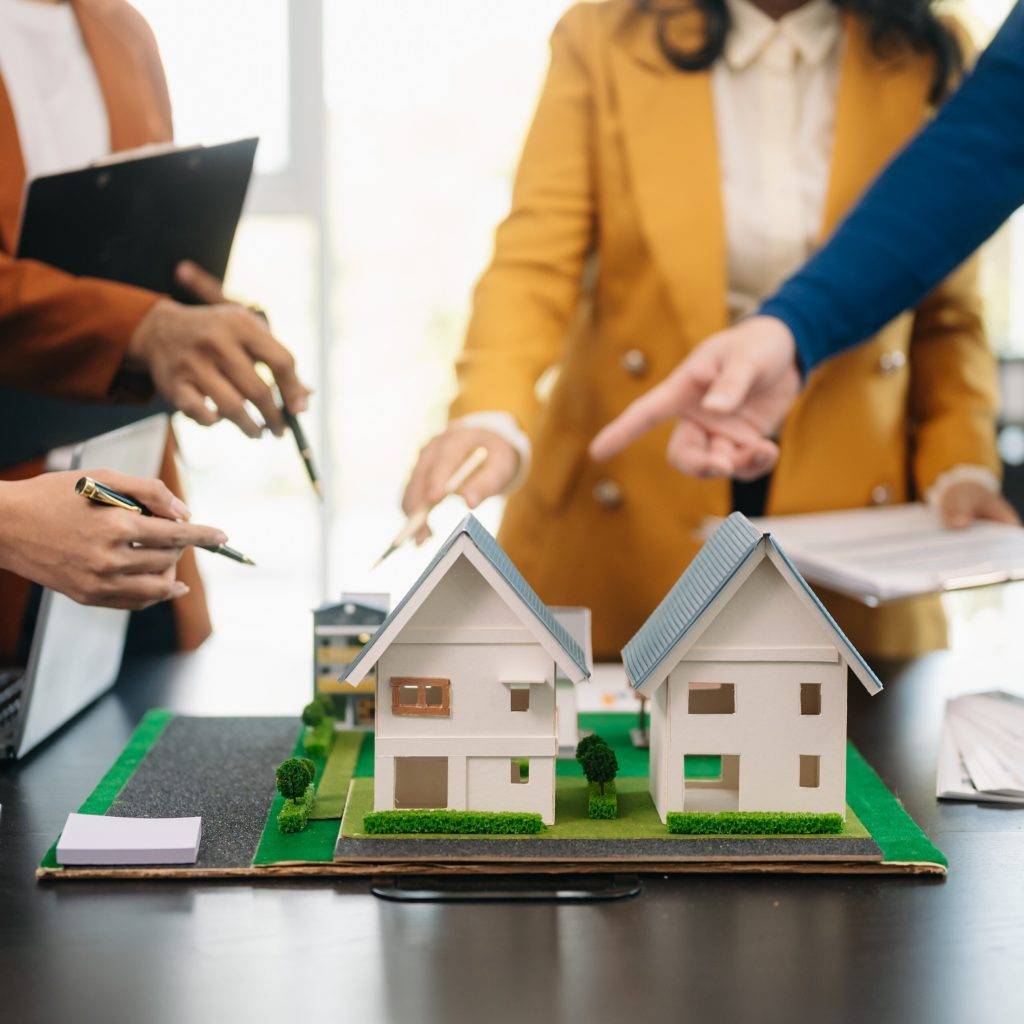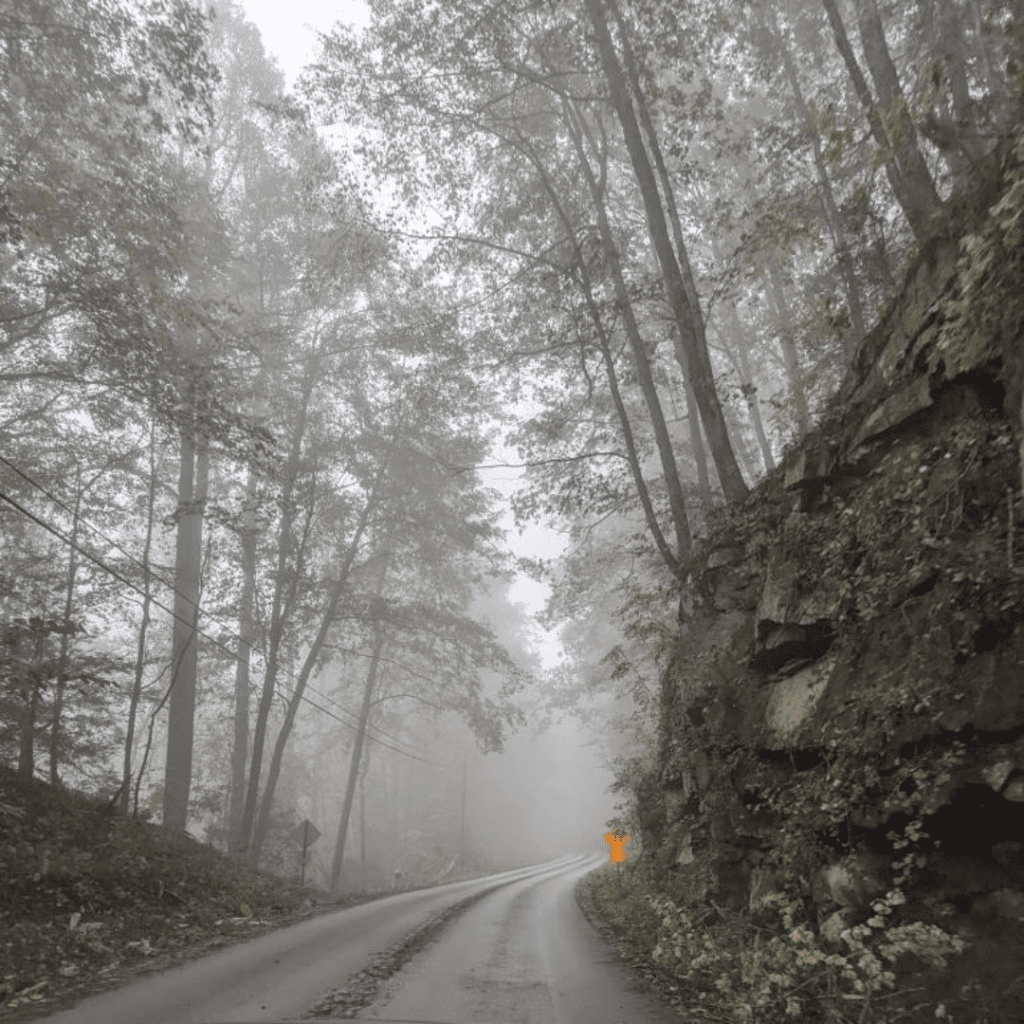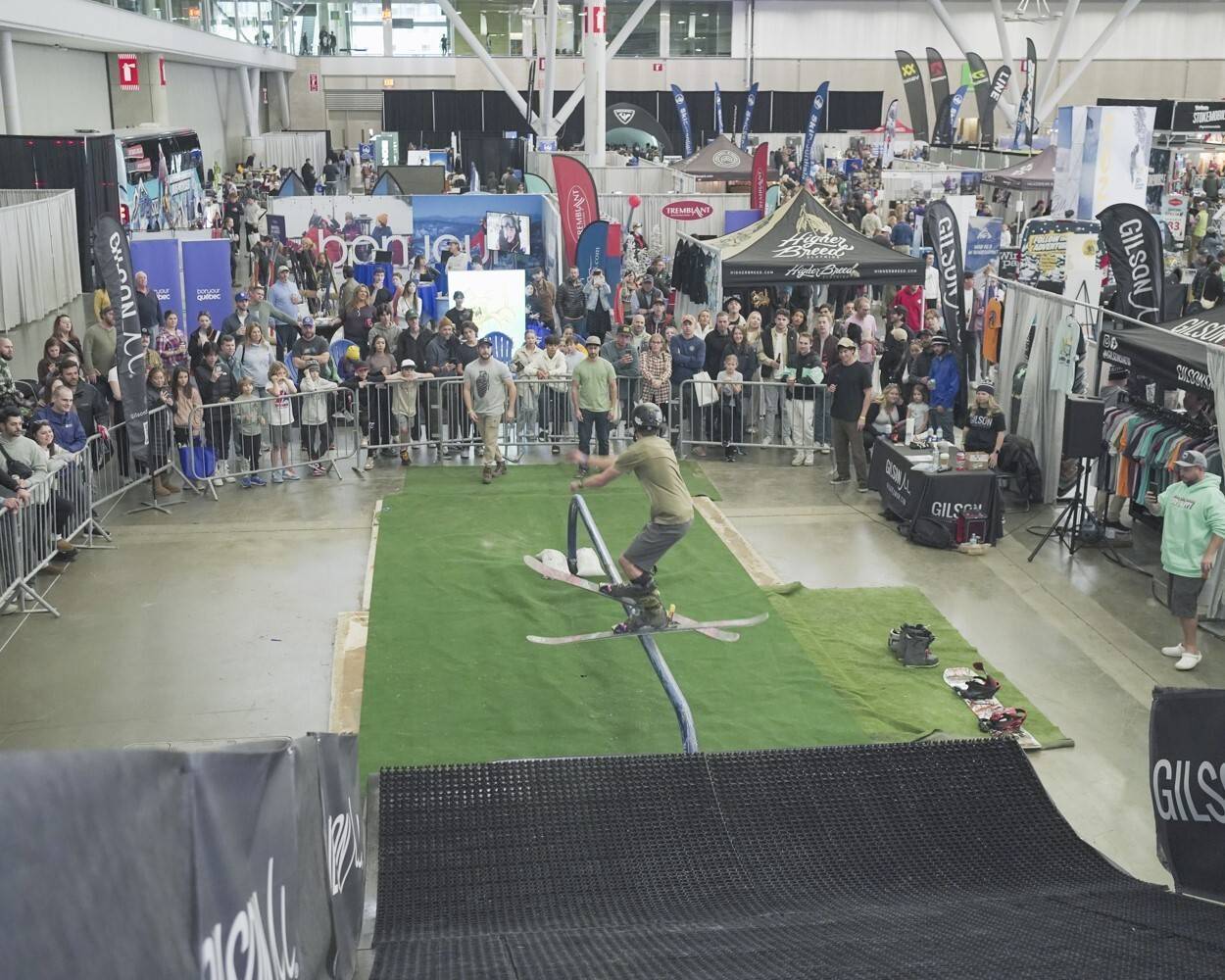Blazing hot summers are hard enough for us people to deal with, but how do heat and weather affect your home? Damage sustained during the summer months can be harder to spot if you’re unaware of the dangers. Stay ahead of potential infrastructure hazards by knowing the effects of a hot summer on your house and taking the initiative to keep up maintenance on the affected spots.
Stormy Weather
Some of the more visible effects of summer weather come from the volatile thunderstorms typical of the summer months. Hail damage doesn’t just affect your car’s exterior—it can also affect the roofing on your house. It’s important to keep tabs on roof damage after a storm with hail or damaging winds—especially during the rainy months—as it can lead to leaks. Water damage to the structure of the home is not only dangerous, but also a huge budget-killer when it comes to home renovations. Leaks in addition to hot weather can lead to mold issues if not kept in check, which can be extremely hazardous to your health and extremely pricy to take care of.
Critter Damage
You aren’t the only one trying to stay sheltered in the summer. Many creatures, such as squirrels, mice, raccoons, and even bats, can choose your abode to nest in. If you don’t take care of the problem right away, the problem might not be a singular creature, but a whole family. Stopping them at the first sign is the easiest way to keep your home healthy. Never leave food out unprotected, and try to keep important things in animal-proof containers made of hard plastic or metal. Regularly check places such as your attic or basement to avoid attracting critters. If you have things piled up or in cardboard boxes, look for evidence of animals, including bite marks, shredded paper, and droppings. If critters are in your basement or attic, they can get into the rest of your home, which will cause more damage. For example, animals can do a number on your roof if they find a way into your attic. You can take measures to protect your roof from woodland animals, but if you notice them living in your house already, try calling up a humane animal control service. In addition to finding how they got in, these animal handlers will focus on relocating the animals to a safe location far away from your home where they belong rather than killing them.
Heated Hardwood
When it’s hot and humid in the summer, anything wooden in your house suffers—including your floors. Suddenly shifting seasons can be difficult on hardwood floors, as cold winters render them brittle while humid summers cause them to expand and buckle. Keep temperatures regulated in your household during the summer using air conditioning. It will help you stay cool and dry, and your house’s floors will stay safe and beautiful.






















